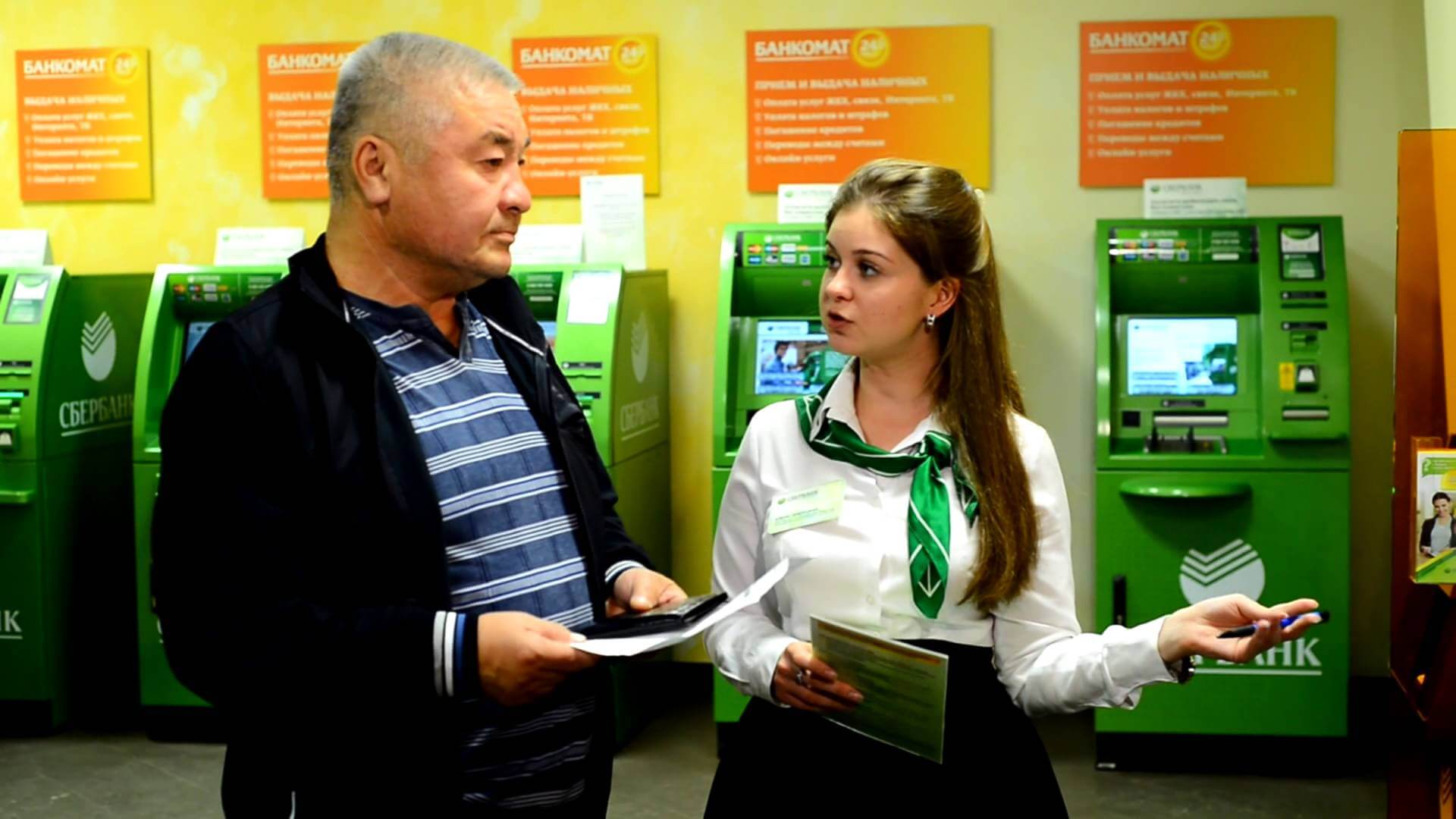7 countries for offshore banking, which should avoid Russian-speaking immigrants from the United States
 There may be a false opinion that once you are Russian, Ukrainian, Belarusian, or a representative of any other Russian-speaking country, by becoming an American you can still enjoy the privileges that are available to the entire Russian-speaking world. Of course, knowledge of the Russian language can open up more opportunities, and more precisely convenience when choosing the right offshore bank, but your residence permit and obligations that it imposes on you cannot be ignored.
There may be a false opinion that once you are Russian, Ukrainian, Belarusian, or a representative of any other Russian-speaking country, by becoming an American you can still enjoy the privileges that are available to the entire Russian-speaking world. Of course, knowledge of the Russian language can open up more opportunities, and more precisely convenience when choosing the right offshore bank, but your residence permit and obligations that it imposes on you cannot be ignored.
In the early nineties, many people from Eastern Europe moved to the United States in search of a better life. Regardless of their native language, many of these people speak fluent Russian, which allows them to communicate with the same people as emigrants, and of course, to receive the benefits of an offshore world oriented to Russian speakers, including offshore banking.
Offshore banking for representatives from the United States is not just financial institutions in classic tax havens, but all banks in Europe. Yes, it is Europe that is an excellent offshore for Americans, as it still can offer lower tax rates and flexible legislation in comparison with the US.
Until 2011, when the American Law on Tax Compliance of Bank Accounts (FATCA) was created, the life of Russian-speaking immigrants in the United States was very attractive, as they, like other Americans, were welcome customers in many banks around the world. That is why Switzerland was the first and most tasty morsel for the US government, which declared war on all tax evaders.
After Switzerland signed an agreement with the United States for the exchange of confidential information in the entire identification of tax evaders, offshore banking for Americans has become an almost impossible task. FATCA has become a Damocles sword for every American taxpayer who wanted to hide his savings in the offshore world.
Switzerland has become the place where the American client became TABU. No bank wants to have such problematic clients. And this is not surprising, because the United States against Switzerland launched a special Swiss program, under which 100 banks must sign an agreement with the United States and declassify their American clients while paying US tax penalties for opening undeclared accounts and serving American clients.
7 countries for offshore banking, which Russian-speaking emigrants from the United States should avoid. It is interesting that throughout the history of the United States and other countries around the world, tax liabilities until recently were only taxpayers themselves, and financial institutions only served as wallets. But as time has shown, it’s time for the wallets to be responsible for the actions of their customers.
This tightening of rules against Swiss banks forced them to revise their policy of cooperation not only with the Americans, but also with other non-residents. Now Swiss banking has become many times more expensive and more difficult. Without a million on deposit, it will be very difficult to open an account in Switzerland.
The next jurisdiction in the list of inaccessible for Americans is Liechtenstein. This is a micro state, as well as Switzerland is opposed to cooperation with US citizens. The fact is that close proximity to Switzerland also affects the cooperation between the two states. At the end of this year, Liechtenstein will sign an agreement with Switzerland and pay millions in fines to financial institutions in the country to comply with FATCA.
In fact, banking in Liechtenstein is also prestigious and attractive, as in Switzerland or Luxembourg, which we will also talk about. But this attractiveness and close ties between states make these areas more inaccessible to US citizens.
Luxembourg is an attractive place for offshore banking, but what happened about a year ago, slammed the doors for American customers for good. I recall that at the end of 2014, the International Consortium of Journalistic Investigations (ICIJ), together with 80 journalists from 26 countries, declassified 28 thousand pages of confidential documents belonging to 340 companies of Luxembourg. The data and company names that were reviewed as part of the ICIJ investigation are presented in an online database.
Analyzing the scandalous declassification of ICIJ confidential information of international conglomerates in Luxembourg!
The main accusation against Luxembourg was that the country’s legislation, through the establishment of companies in Luxembourg and the conduct of corporate accounting, accumulated profits in Luxembourg, which therefore created very favorable tax conditions for large international conglomerates. As a result, it became clear that, for example, American and European conglomerates, such as PricewaterhouseCoopers, FedEx Corp., Amazon, Blackstone, Deutsche Bank, Coach Empire, JP Morgan Chase, and so on, declined to pay higher taxes in high-tax jurisdictions. .


